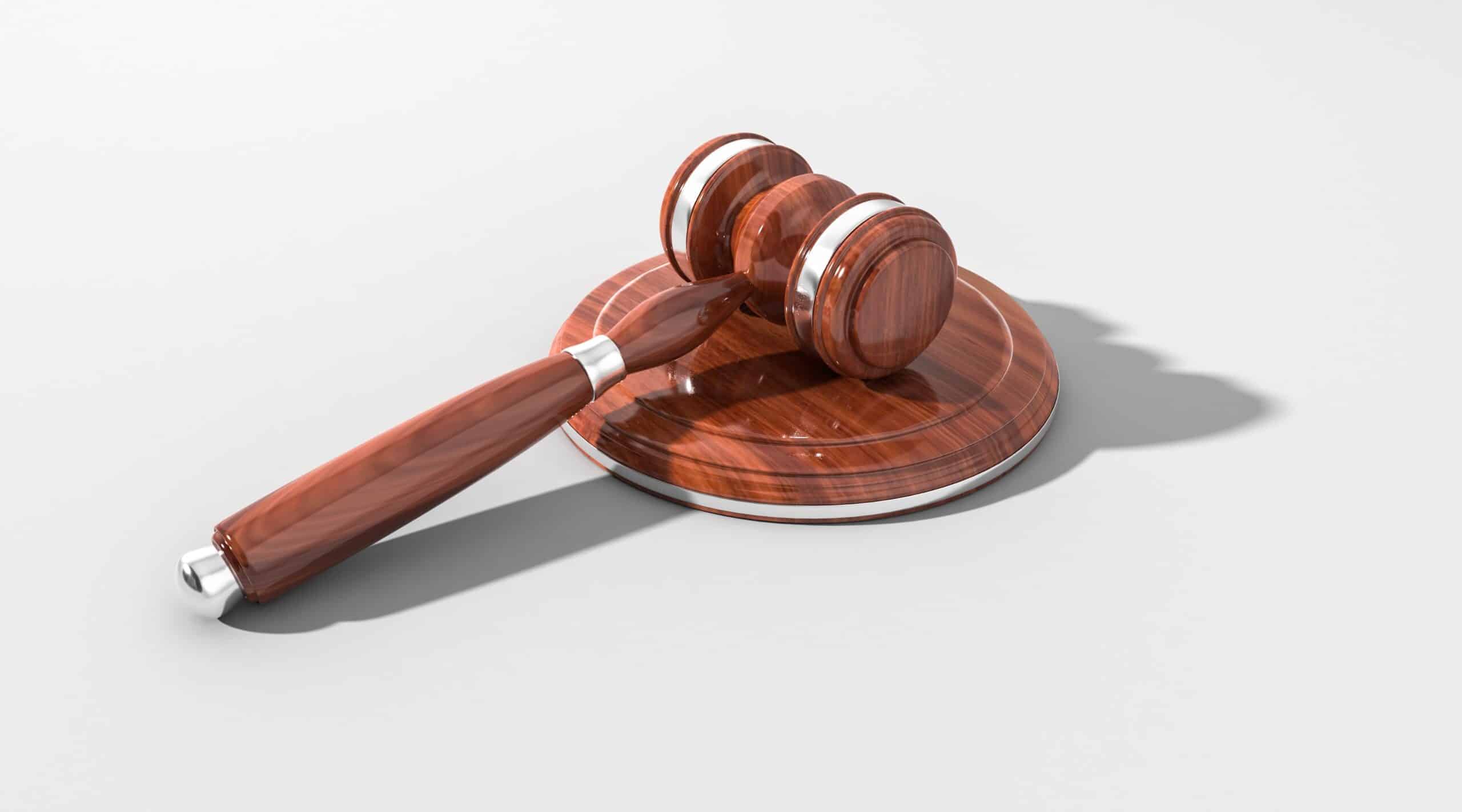What Are the Common Misconceptions About the Criminal Process in CA?

Facing a criminal charge is life-changing. Whether or not you are guilty of the offense, the impact and consequences can be devastating. If found guilty, you will have years of jail time. After serving your sentence, returning to your everyday life is quite a dilemma. Your criminal record can be a hindrance in securing employment. For these reasons, seeking the assistance of an expert criminal defense lawyer is your best option. They know how to protect your rights and mitigate the aggravating situations that can jeopardize your case.
An experienced criminal lawyer in California knows how the criminal process works and they are prepared to fight to help you get off the hook or get the most advantageous outcome. Understanding the most common criminal charges in California is the first key to finding the best motion or building up a strong defense against the following:
- DUI charges
- Assault and battery
- Domestic violence (child abuse and domestic battery)
- Juvenile crimes
- Theft and shoplifting
- Traffic offenses
- Vandalism
- Weapons charges
- Fraud and forgery
- Drug possession and drug sale
- Sex crimes
What is a Criminal Process?
The criminal process refers to the adjudication procedure of the criminal law. It begins with a formal charge and results in the acquittal or conviction of the defendant. The person charged can be incarcerated or released on bail. The criminal procedure can be adversarial or inquisitorial.
Common Misconceptions About the Criminal Process
Not Reading the Miranda Rights is a Ground to Dismiss the Case
Offenders often complain that police officers fail to read their Miranda Rights during DUI arrests. However, the need to read them is mandatory if the person is in custody, like in a confined setting or jail. It applies if the person is blocked, trapped, or handcuffed, and they are not allowed to leave the scene. The police are also required to read the rights if they ask incriminating questions. Failure to recite the Miranda Rights is not a ground for the dismissal of the case.
Pleading Guilty
If you plead guilty and throw yourself at the court’s mercy because you believe that you’ll get a lower sentence or fine, you’re mistaken. There are mandatory laws that require specific jail time and fines, so it will not always work. It will only make you lose the chance to improve your situation or cause dismissal. Hiring a trusted criminal attorney to represent you is the best decision during this troublesome period.

Thinking That it is the End of the World
Getting arrested for a criminal offense does not always mean that you’re spending some time in jail or there’s no hope for you. The criminal justice system may be too complicated for ordinary people. But with the assistance of an experienced lawyer, there is always a way out. It all depends on the pieces of evidence, testimonials of witnesses, and other elements that would favor your case. Even if you are convicted, your attorney will find ways to reduce the sentence to a bare minimum.
Permanency of Arrest or Conviction Record
People arrested or convicted of a felony or misdemeanor are afraid that their police record will be permanent. This is not always true. With the help of a lawyer, your criminal record can be expunged after serving the jail sentence. An expungement process involves making the offender enter a not guilty plea or no contest plea, leading to case dismissal. In this way, the record will show no conviction, only a dismissed case.
Believing that Conviction Leads to Losing the Right to Vote
This is simply not true. Any person who got a felony conviction can exercise their voting rights. Those who are on parole or actually serving their sentence in state prisons are the ones not allowed to vote.
Takeaway
Understanding the process of common criminal charges in California helps you become more familiar with the laws that govern them. Furthermore, having a competent and professional criminal lawyer on your side during this grueling situation is necessary. They can help you ease the burden and may even recommend settlement out of court to avoid inconveniences such as a heavy penalty or jail sentence.




